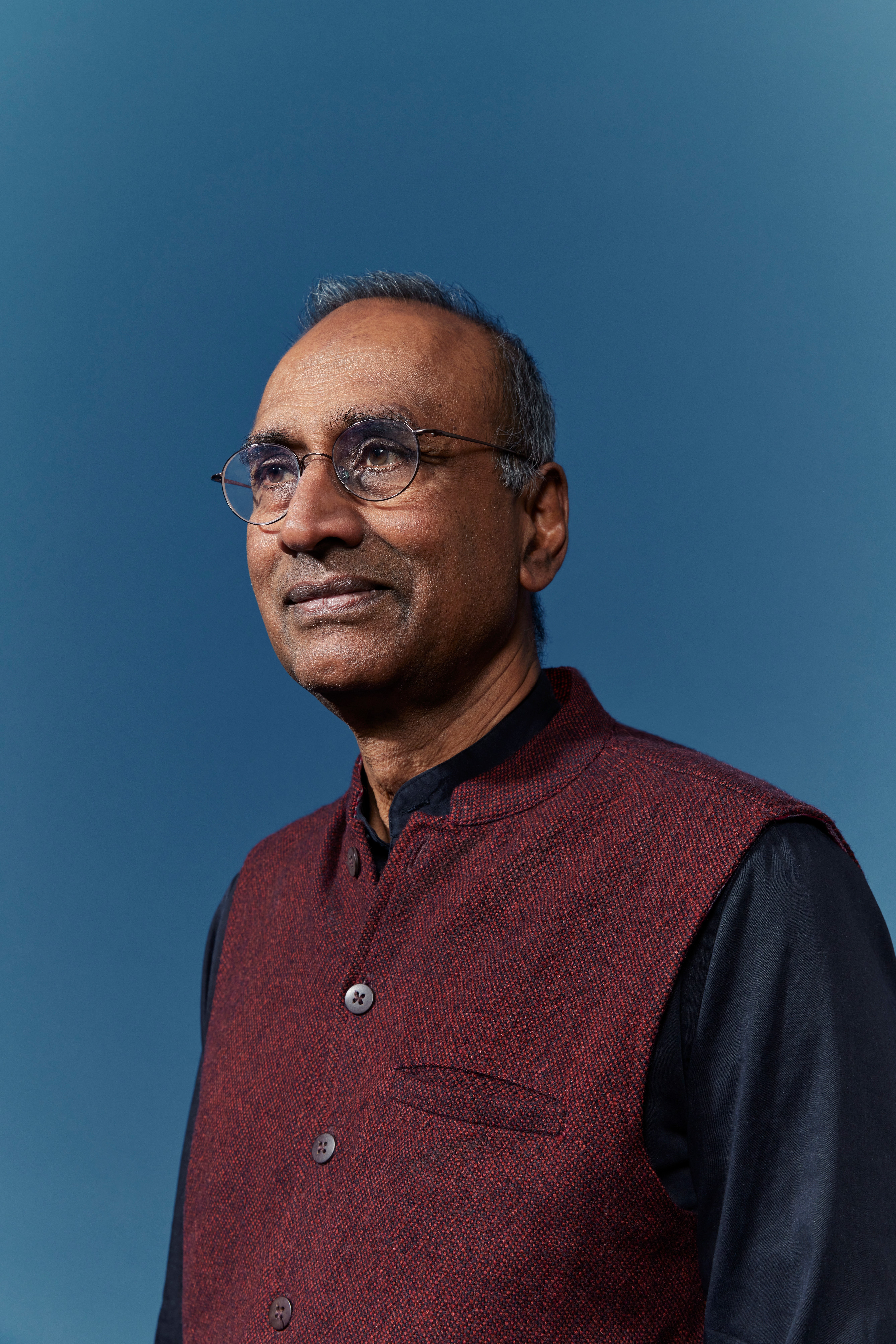MUMBAI: At an airy, spacious flat overlooking a verdant green patch in Versova, a three-week-old baby boy sleeps in his little cot. His mother Aditi Shedde, glowing with newly acquired motherhood, is on her toes; she flits in and out of the room, asking the ayah to change the infant's nappy and cover him in a sanitised towel. The baby is kept at arms' length when the flat's expensive marble floor is mopped and sofas dusted several times a day.
So what's so different about this new-born who's being cossetted in his prosperous home? Well, he has no religion. His Hindu Maharashtrian mother and Gujarati Muslim father have decided to leave the choice to him when he grows up. By itself, that may not be overly unusual; there are very many people who give similar choices to their children.
Where Aditi and her husband Aalif Surti differ is that they chose to battle an unremitting bureaucracy from the very start and refused to fill in the column titled 'Religion' in their child's most basic document, the birth certificate.
It wasn't a spur-of-the-moment decision. "A few months into my pregnancy, we had decided that we would not give our child any religious identity," says Aditi. "We are not against religion, but who are we to choose a religion on our baby's behalf? We will expose him to the values of different faiths and cultures, and when he grows up he will be free to follow any faith—or none if he wishes."
Of course, getting the birth certificate wasn't easy. The first hurdle cropped up at the hospital itself—the authorities were alarmed when the young parents said they would leave the religion column blank in the documents.
Every hospital has to intimate the BMC about new births within 15 days, on the basis of which the BMC issues birth certificates. "You will have to talk to the officer in the BMC," a hospital staff member told the couple.
"Since Aditi speaks fluent Marathi, I asked her to patao the municipality," says Aalif, creative director with a film production and distribution company. Next, Aditi was at the K-ward (Andheri) office of the BMC, bracing for the battle ahead.
"Are you ashamed of your Hindu identity? Why don't you want your child to be known as a Hindu?" an officer asked her rudely. Aditi shot back that while she was proud of her Hindu roots, she was not a practising Hindu. "Why in a democratic, secular country can't parents take a decision like not giving any religion to their children?" she asked the officer.
Unconvinced, the officer cited a more technical problem—birth certificates these days are generated via automated machines, which reject an application form if any column is left blank. When Aditi persisted, she was eventually led to a higher authority. "This officer heard me patiently and said he appreciated my feelings, but again pointed out the same technical problem. He also said he had never received such a request in his career—to which I told him there was always a first time," recalls Aditi.
The couple had almost hit a dead end. There were four choices on the form—Hindu, Muslim, Christian and Others. Aditi says she did not want any of them for her child, as even Others required them to identify the sect or community. She argued with the officer some more and finally agreed on Others, but without any identification. "Others is just to facilitate the generation of the certificate. We know our child has no religion," she says.
The couple attributes their decision to their liberal upbringing. Aditi grew up in Kuwait, where she had many Muslim classmates and even picked up a few verses from the Quran. Aalif, son of Abid Surti—a popular writer-cartoonist who counts Osho Rajneesh, Atal Bihari Vajpayee and Amitabh Bachchan among his fans—grew up in what was then a more cosmopolitan Bandra. Said 75-year-old Abid: "I never wanted any particular religious identity for my two sons. I failed to get their birth certificates without the mention of religion, but I am glad my son and bahu have succeeded in what I failed years ago."
Aalif and Aditi might have crossed the first barrier. But it's just the beginning of the several hurdles which are bound to crop up ahead—at the time of school admission or securing a passport for the child, for instance. "We are prepared for those battles too," says Aditi determinedly. Meanwhile, the baby plays in the pram, blissfully unaware of the unique identity his parents have secured for him.























































No comments:
Post a Comment